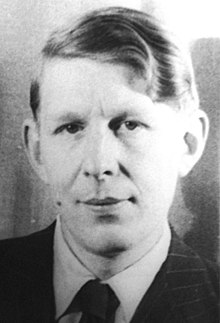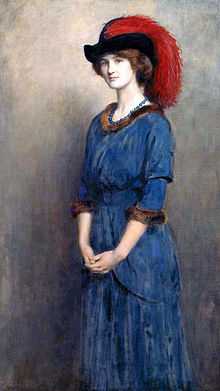The journey begins with - to further strain the metaphor to creaking-point - some outlying scree and minor ascents, which are of largely academic interest. The Departmental Ditties are technically highly proficient light verse, documenting and satirising the British and (to some extent) native cultures and behaviours that defined the British Indian Imperial period. Many of the themes that Kipling went on to elaborate and become notorious for are present here, such as the blasé cynicism regarding the hardships of the colonial life (and especially the climate) among those who had not experienced it; the corruption and bribery that oiled the imperial wheels and the often torrid love affairs that distracted The White Men from their Burden. The poem that stood out for me, like a significant preliminary peak, was The Last Department, in which Kipling brilliantly diverts the language and culture of British India to describe the inevitability and nature of death. The link will disclose the whole poem, but here's a taste:
When leave, long overdue, none can deny;
When idleness of all Eternity
Becomes our furlough, and the marigold
Our thriftless, bullion-minting Treasury
Transferred to the Eternal Settlement,
Each in his strait, wood-scantled office pent,
No longer Brown reverses Smith's appeals,
Or Jones records his Minute of Dissent.
And One, long since a pillar of the Court,
As mud between the beams thereof is wrought;
And One who wrote on phosphates for the crops
Is subject-matter of his own Report.
This is macabre, satirical verse at its best, and well worth engraving above your own office cubicle.
Look out for further dispatches from Mount Kipling, as I inch towards the summit, without the benefit of oxygen. In the meantime, those reasonably adjacent to the Borough of Sutton near London may wish to attend a talk being given by Mary and the acclaimed literary biographer Andrew Lycett, at Sutton Central Library on the evening of July 3. Andrew's biography of Kipling was rapturously reviewed, and won the accolade of being selected as a TLS International Book of the Year by Terry Eagleton. It should be fascinating to hear the fictional and biographical approaches compared.


